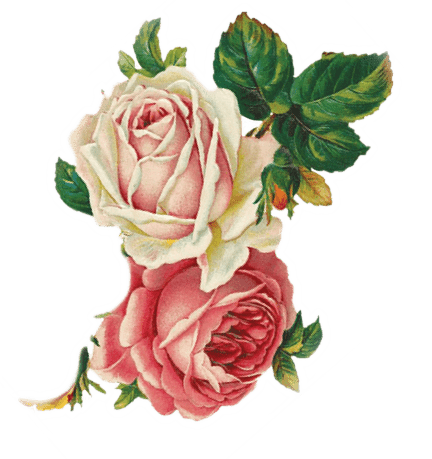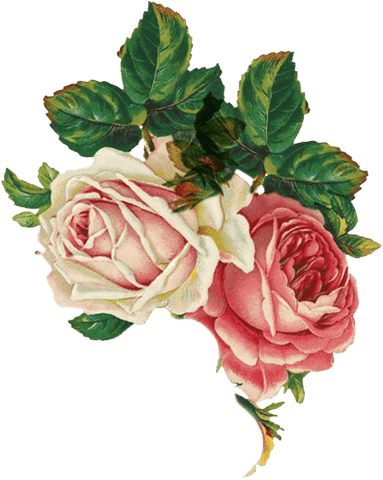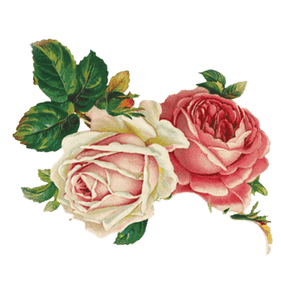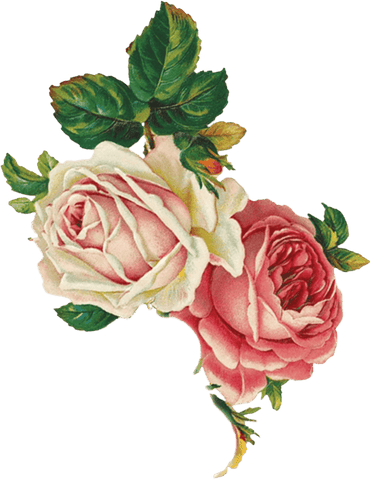



Although I grew up in France, Biba was never far from my imagination.
My British mother often shared stories of how she adored visiting the store, spending nearly all of her pocket money there. She still treasures the pieces she managed to keep from those visits, reminders of a truly special time.
What made Biba unforgettable wasn’t just the clothes, but the atmosphere. The Art Deco-inspired interiors and the dreamlike allure of the Rainbow Room created an experience that lingered long after leaving the store. So powerful was its effect that Biba has since taken on an almost mythical status, both as a place and as a brand.
There was a fantastic exhibition in Brighton a few years ago, also curated by Martin Pel called Biba and Beyond. I saw it with my mother who was very moved by the whole thing. Again, proof that Biba was far more than just clothes. It was a significant cultural phenomenon.
When designing this 9th hat collection for the museum shop, I mainly drew inspiration from two sources. Firstly, I looked at the fashion illustrations by Barbara Hulanicki, and secondly, I was influenced by one of the famous logos created by Kasia Charko.
The "Barbara" sun hat has a playful, wide brim, which can be styled in various ways. It is reminiscent of the floppy hats from the 70s. Additionally, I have brought back the chin straps as they were popular on last year's "Paulette" hat.
The duster cap/scarf hat is a fun hat with exaggerated ties to create a big bow at the back or at the front depending on your mood.


 "The Biba Story explores how fashion phenomenon Biba blossomed to become the world’s first lifestyle label, sparking a revolution in how people shopped and how Biba earned its spot as the brand that epitomises 1960s and 1970s fashion.
"The Biba Story explores how fashion phenomenon Biba blossomed to become the world’s first lifestyle label, sparking a revolution in how people shopped and how Biba earned its spot as the brand that epitomises 1960s and 1970s fashion.
The exhibition focuses on the years 1964, when the first Biba boutique opened, to 1975, when the legendary Big Biba closed its doors to the public. Displaying fantastic archival pieces of clothing, original photographs, film, and material all of which have been personally chosen by Barbara Hulanicki."
22 March – 8 September 2024 - Fashion & Textile Museum, London.













